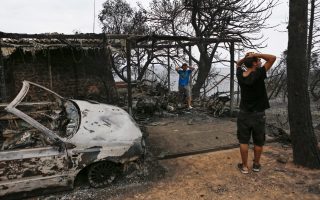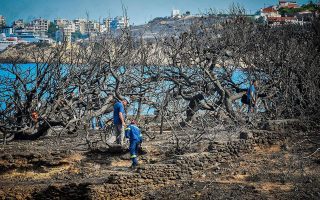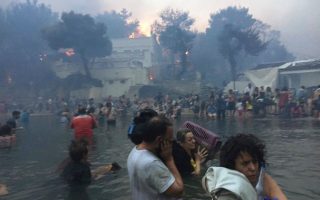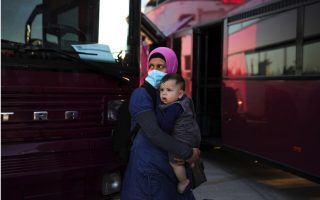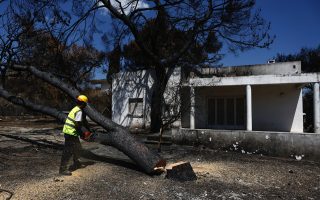Our powerlessness
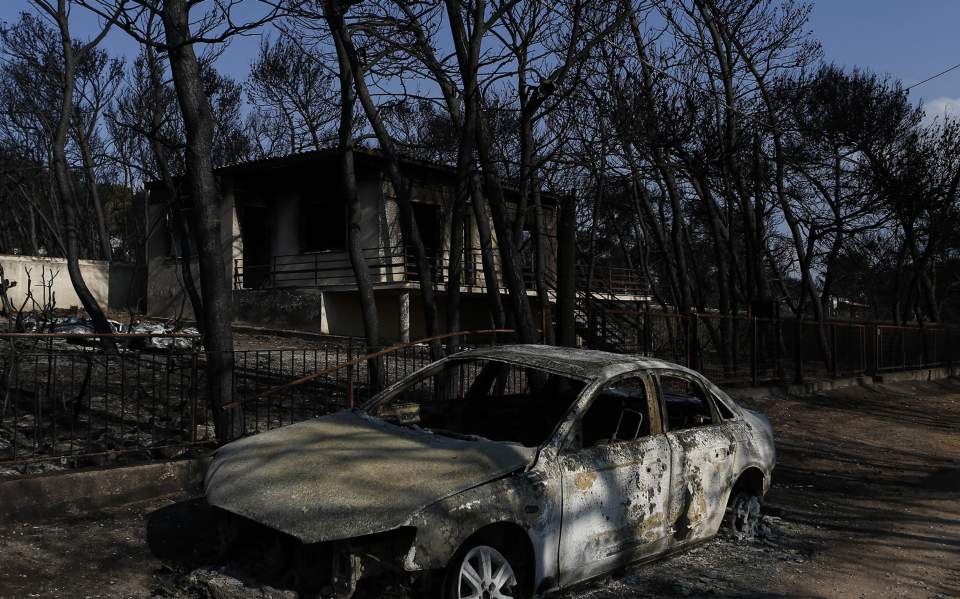
“We are powerless.” This phrase could have been the main takeaway from the documentary presented by Kathimerini Executive Editor Alexis Papachelas on the deadly fires in eastern Attica last year, which aired on Thursday on Greek broadcaster Skai. It was the voice of an employee who worked at one of the state agencies that had a leading role on that fateful day.
He may have been working at the fire service or the traffic police’s operations center – it doesn’t matter. “We are powerless, we have nothing,” he is heard telling another person, maybe a colleague or someone from another agency, revealing with eloquent brevity the simple truth.
Behind the official names of state bodies (such as “coordinating operations center,” “crisis management center” or “Citizens’ Protection Ministry”) lies a crippled state apparatus. Add the fact that someone ignorant or incompetent may be appointed as chief and something goes wrong, and the consequence is a death toll of 102.
But the state’s vulnerability is not only revealed in phrases such as “we’ve lost control” or dialogues such as: “There are two fires in Kalamos. Where should I send it [the Canadair]?” “Send it to the worst one.” “But nobody knows which is worse.”
It is also revealed in the prevailing mentality of the public sector, where civil servants seem trained to try their best only if ordered by higher-ups. It is a mentality that remains unchallenged even when people are burning alive. It is a constant: unchallenged and unbroken. It is the only constant, one which the current administration had hastened to condemn as the purview of the “elite” but now upholds.
The dialogues that were heard in Thursday’s documentary are much more revealing in their anonymity. These scattered, curt, unfinished phrases – “Can you hear me, Maria?,” “Pal, I’ve worked in coordination for 11 years” – which imply more than what they are saying, describe an undesirable yet prevailing self. They point to a self that is frightened and skittish, one that eschews responsibility, that is crude, that operates with selective responsibility and sensitivity, without meritocracy – traits that effectively describe the country.
The documentary is invaluable. It records what happened before, during and after the fires. And also the state of the country, what we are and pretend we’re not, the feelings that grip us and we try to endure.
